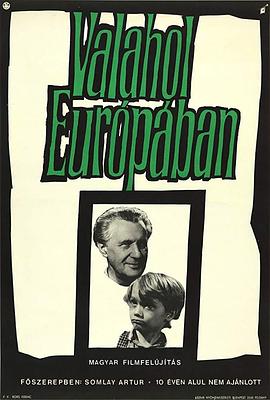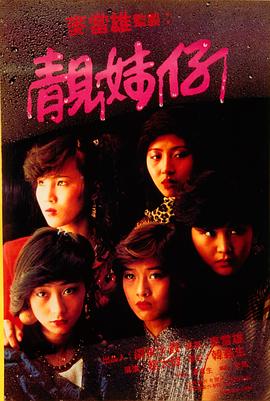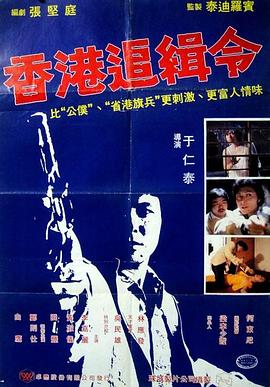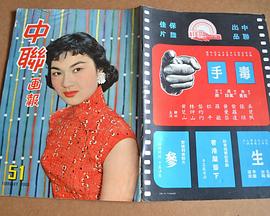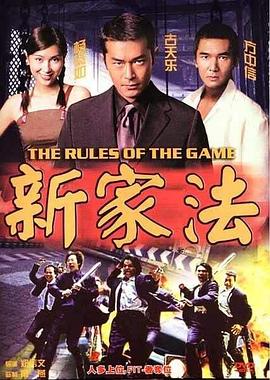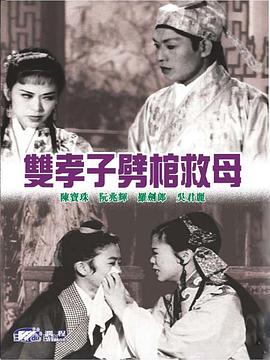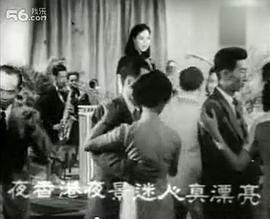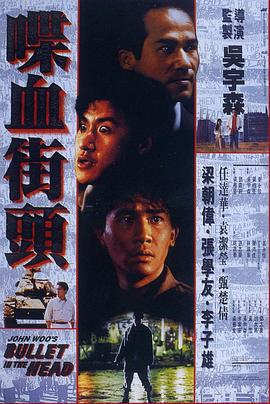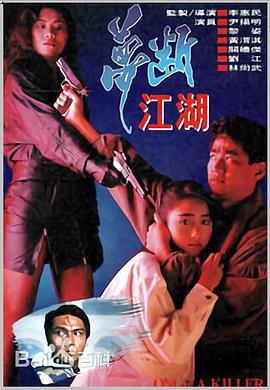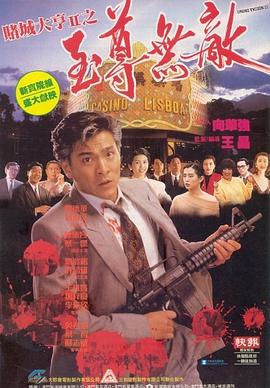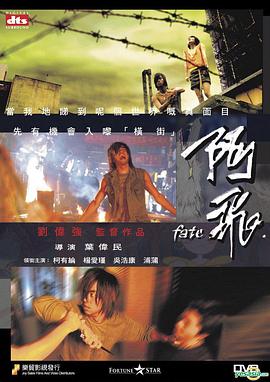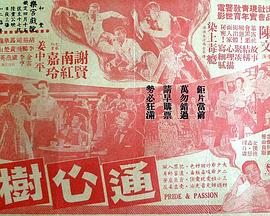剧情介绍
影片名称:欧洲的某个地方
影片别名:ouzhoudemougedifang
上映时间:1948年
国家/地区:其它
影片类型:剧情片
影片语言:其它
连载数:0
影片导演:Radványi,Géza
资源类别:全集完整未删减版
资源更新:HD中字
总播放次数:837
真不卡影院于2024-04-09 04:04:46添加的该影片;因为Artúr,So等演员们给力,再加上剧情紧凑而有逻辑,每一个转折都恰到好处,让人完全沉浸在故事,是一部不错的剧情片。故事情节富有想象力,展现了人性的各种复杂和矛盾,让人深入思考生命的意义和价值。 豆瓣对这个影片的评分约2.0分;大家对影片的评价是: 觉得很差,这部剧情片非常糟糕,情节拖沓,演员表现也很差。到目前为止已有839人观看,其中837人已点赞, 2人已收藏,希望大家喜欢。如果您被《欧洲的某个地方》情绪感染或者有自己的观影评价,可以留言或评论哦。
欧洲的某个地方剧情:Somewhere in the remote region, the war ends. In the midst of ruined cities and houses in the streets, in rural hamlets, everywhere where people still live, are children who have lost their homes and parents. Abandoned, hungry, and in rags, defenseless and humiliated, they wander through the world. Hunger drives them. Little streams of orphans merge into a river which rushes forward and submerges everything in its path. The children do not know any feeling; they know only the world of their enemies. They fight, steal, struggle for a mouthful of food, and violence is merely a means to get it. A gang led by Cahoun finds a refuge in an abandoned castle and encounters an old composer who has voluntarily retired into solitude from a world of hatred, treason, and crime. How can they find a common ground, how can they become mutual friends The castle becomes their hiding place but possibly it will also be their first home which they may organize and must defend. But even for this, the price will be very high. To this simple story, the journalist, writer, poet, scriptwriter, movie director, and film theoretician Béla Balázs applied many years of experience. He and the director Géza Radványi created a work which opened a new postwar chapter in Hungarian film. Surprisingly, this film has not lost any of its impact over the years, especially on a profound philosophical level. That is to say, it is not merely a movie about war; it is not important in what location and in what period of time it takes place. It is a story outside of time about the joyless fate of children who pay dearly for the cruel war games of adults. At the time it was premiered, the movie was enthusiastically received by the critics. The main roles were taken by streetwise boys of a children's group who created their roles improvisationally in close contact with a few professional actors, and in the children's acting their own fresh experience of war's turmoil appears to be reflected. At the same time, their performance fits admirably into the mosaic of a very complex movie language. Balázs's influence revealed itself, above all, in the introductory sequences an air raid on an amusement park, seen in a montage of dramatic situations evoking the last spasms of war, where, undoubtedly, we discern the influence of classical Soviet cinematography. Shooting, the boy's escape, the locomotive's wheels, the shadows of soldiers with submachine guns, the sound of a whistle—the images are linked together in abrupt sequences in which varying shots and expressive sharp sounds are emphasized. A perfectly planned screenplay avoided all elements of sentimentality, time-worn stereotypes of wronged children, romanticism and cheap simplification. The authors succeeded in bridging the perilous dramatic abyss of the metamorphosis of a children's community. Their telling of the story (the scene of pillaging, the assault on the castle, etc) independently introduced some neorealist elements which, at that time, were being propagated in Italy by De Sica, Rossellini, and other film artists. The rebukes of contemporary critics, who called attention to formalism for its own sake have been forgotten. The masterly art of cameraman Barnabás Hegyi gives vitality to the poetic images. His angle shots of the children, his composition of scenes in the castle interior, are a living document of the times, and underline the atmosphere and the characters of the protagonists. The success of the picture was also enhanced by the musical art of composer Dénes Buday who, in tense situations, inserted the theme of the Marseilaise into the movie's structure, as a motive of community unification, as an expression of friendship and the possibility of understanding. Valahol Europaban is the first significant postwar Hungarian film. It originated in a relaxed atmosphere, replete with joy and euphoria, and it includes these elements in order to demonstrate the strength of humanism, tolerance, and friendship. It represents a general condemnation of war anywhere in the world, in any form.
《欧洲的某个地方》于1948年在其它发行,片库网收集了《欧洲的某个地方》PC网页端在线观看下载、手机移动端免费观看、高清云播放等资源,如果你有更好更快的资源请联系片库网。
推荐影片
常见问题
● 请问在哪里可以免vip免费在线观看剧情片《欧洲的某个地方》?速度快的!!!
樱花动漫网友:剧情片《欧洲的某个地方》HD中字免vip在线观看由 真不卡影院免费提供,播放地址如下: http://www.zbkqyl.com/qyvoddetail/79030.html,支持PC和手机免VIP同时在线观看!
● 《欧洲的某个地方》是什么时候上映/什么时候开播的。目前更新状态是什么,是否完结?
真不卡影院网友:1948-11-19上映的,详细日期及影片信息可以去百度百科查一查。 目前《欧洲的某个地方》的更新状态是HD中字。 整部电影的制作非常用心,场景的还原、人物的塑造以及音乐的搭配都非常棒,堪称是精品之作,敬请观赏!
● 《欧洲的某个地方》导演是谁?演员有哪些?阵容怎么样?
西瓜影院网友: 《欧洲的某个地方》是由奥斯卡级别的导演Radványi,Géza亲自执导的一部剧情片; 该影片拥有一支强大的演员阵容,由演员:Artúr,Somlay,Miklós,等出演的,超出预期,非常好的一部电影,最后的那段戳中泪点
● 电影《欧洲的某个地方》是什么类型的?包含什么风格?
电影吧网友: 《欧洲的某个地方》的包含以下类型:剧情,本站认为影片包含以下风格:欧洲的某个地方,thewarends.Inthemidstofruinedcitiesandhousesinthestreets,inruralhamlets,everywherewherepeopl。
● 《欧洲的某个地方》的播放时长是多少?现在票房有多少?
星辰影院网友: 播放时长是120分钟;但是票房实时更新,实时票房可以去猫眼查一查。
● 《欧洲的某个地方》豆瓣评分有多少?
豆瓣评分: 2.0,但是个人觉得这部电影不值这个分,可能是被炸作了,并没有给我留下深刻的印象
● 《欧洲的某个地方》精选影评如下?
截止到目前为止,影片《欧洲的某个地方》已经有“837”参与点评。 其中有“102”人点赞并表示电影整体的质量非常高,从音效、视觉效果到角色塑造和表演都非常出色,是难得的佳作。 另外有2人觉得很多方面都表现得很好,但是还有些地方可以改进。但是还有1人觉得还算可以,但是缺乏独特之处,感觉有些平庸。
大师兄影视网友观后影评: 《欧洲的某个地方》HD中字看完了,但是看网上对它的评分才2.0,没有所谓的一线流量明星 正反派角色也都演技在线 拍的确实不错 不是没有好演员 也不是没有好剧本好编剧好导演 整体剧情也没啥毛病 前后反转也都对的上 挺好的一部电影!
韩剧TV网友观后影评: Radványi,Géza导演的作品,这部电影真的特别好看,强烈推荐,无限反转,剧情跌宕起伏,导演的功力非常不错。为什么这么评论,因为我浪费了120分钟,也得让你们也浪费!!
片库网网友观后影评: 《欧洲的某个地方》不同于其他作品,特别是演员(Artúr,Somlay,Miklós,)等在演技方面,剧情也真的很有趣。希望那种主线不是男女主之间爱情的电影可以越来越多。
